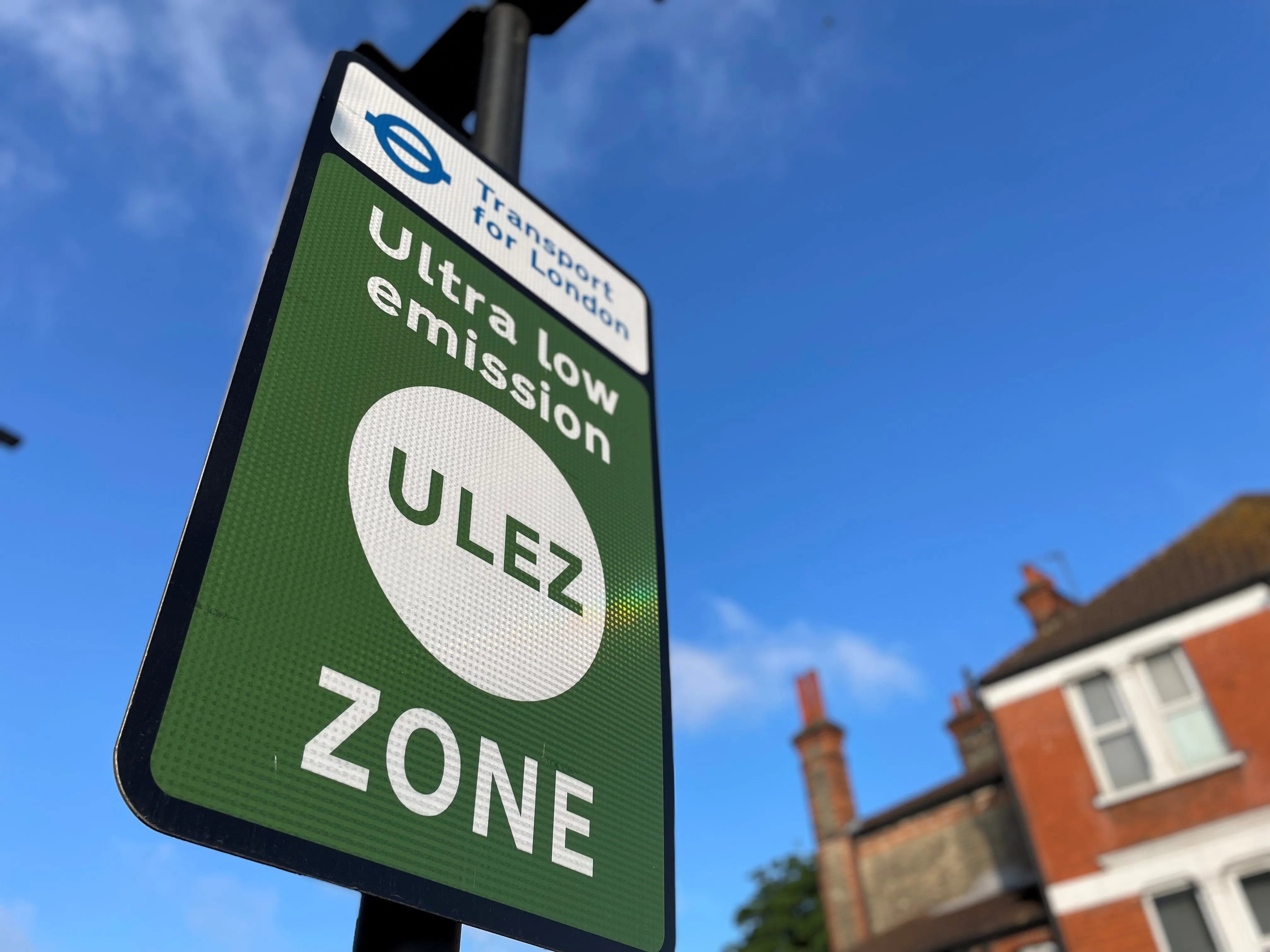
From today, drivers in the whole of London will face paying £12.50 per day if their vehicles are not compliant with ultra-low emission zone (ULEZ) standards.
The original ULEZ was launched in 2017, covering inner boroughs of the UK's capital.
Mayor of London Sadiq Khan has consistently said ULEZ expansion is a public health measure, improving air quality - but his opponents have criticised it as a money-making exercise.
Imperial College London found in 2019 that toxic air contributed to the premature deaths of around 4,000 Londoners.
Khan says every borough exceeds the pollution guideline limits recommended by the World Health Organisation.
"This is about helping our air be cleaner," Khan told the BBC.
His office says ULEZ has cut roadside pollution by nearly half in central London and a fifth in inner London and reduced the number of 'highly polluting' cars in the existing central and inner London zone by 60%.
The vast majority of existing vehicles are ULEZ-compliant, Transport for London says, with 200,000 out of 2.3 million vehicles driven each day in London likely to pay the charge.
Petrol cars registered after 2005 - and diesel cars registered after September 2015 - are likely to be compliant.
There is a £160m scrappage scheme to support drivers who live in London to change their vehicle, with non ULEZ-compliant cars eligible for a £2,000 grant, and motorcycles £1,000.








